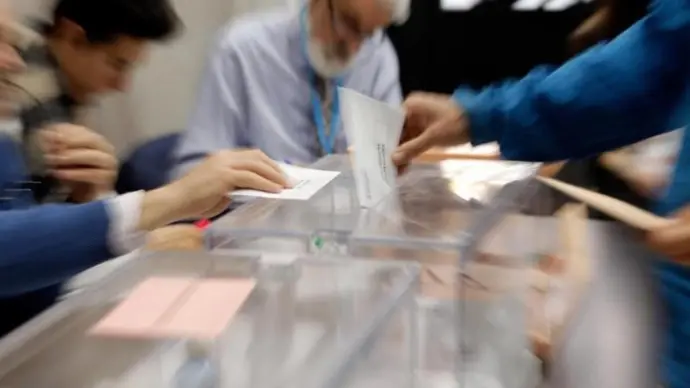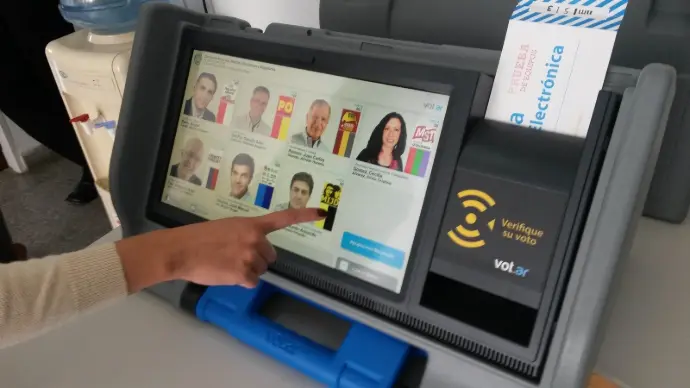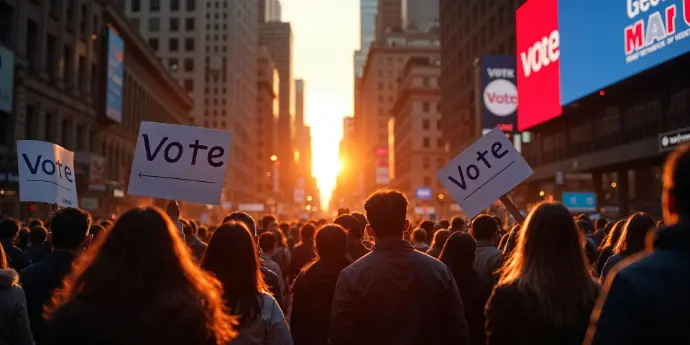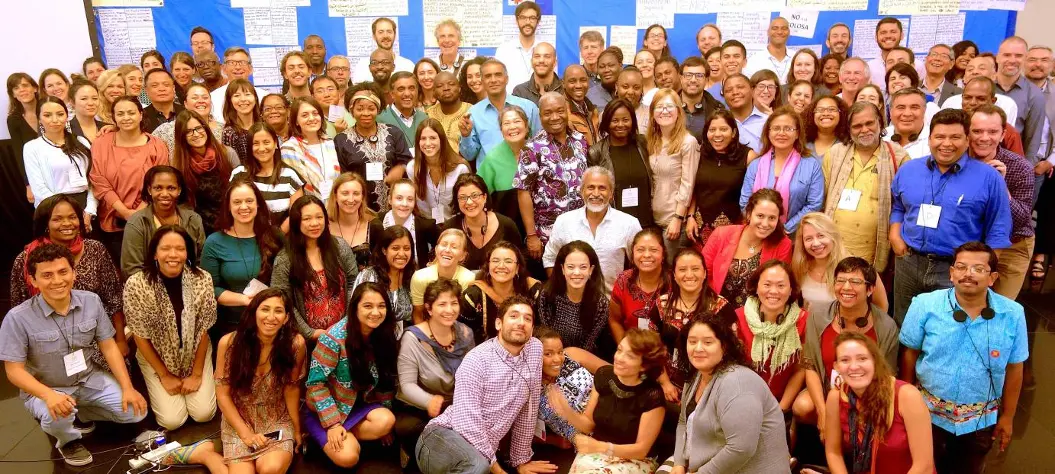
Economic, social and cultural rights
All human rights, whether civil and political or economic, social and cultural, are interrelated. For example, people who cannot read or write often have more difficulty realizing their full potential than those who can find work or participate in political activity. Malnutrition and hunger are less likely where individuals can effectively exercise their right to vote and influence government priorities.
The UDHR, ratified in 1948, makes no distinction between these rights. The distinction later appeared in the context of Cold War tensions between East and West. This led to the negotiation and adoption of two separate pacts: one on civil and political rights, and another on economic, social and cultural rights.
In recent decades, since the 1993 Vienna Declaration on Human Rights, there has been a return to the original architecture of the UDHR, reaffirming the indivisibility of all human rights. At the same time, there has been renewed attention to the importance of economic, social and cultural rights, particularly in the context of the 2030 Agenda for Sustainable Development and the treatment and prevention of conflict crises around the world. , including the COVID-19 pandemic.
Economic, social and cultural rights protect things that are basic to living: food, water, sanitation, health, housing and social security. They also include things that are necessary to live with dignity, such as education, labor rights, and rights that are being affected by the ongoing climate crisis. All ESC rights can intersect and influence each other: for example, poor sanitation can have negative health consequences.
Why are these rights important?
All people need a safe home to live in. We need food to eat, water to drink, wash and cook, and a sanitation system that ensures the maintenance of our health. When we get sick, we need health care. Our sons and daughters need to be educated; workers, fair treatment and wages; and those who cannot work need a social security system that allows them to overcome adverse circumstances and live with dignity.
Flagrant economic and social inequality is a permanent reality in countries at all levels of development. Billions of people around the world live without many of these basic rights. Even rich and powerful governments have been unable to fulfill their obligation to end hunger and preventable diseases and to end illiteracy and homelessness. When crises overlap (as with war and climate change), poverty, inequality and discrimination increase around the world.
Examples of violations
The economic, cultural and social rights of an individual can be violated by various means. Violations occur when a State fails to fulfill its obligations to respect, protect and fulfill these rights. Some examples:
- Forcibly evicting people from their homes (right to adequate housing)
- Contaminating water, for example, with waste from State facilities (right to health)
- Not guaranteeing a minimum income sufficient to live decently (right to work)
- Not avoiding hunger in all areas and communities of the country (living free from hunger)
- Prevent access to information and services related to sexual and reproductive health (right to health)
- Systematically segregate children with disabilities from regular schools (right to education)
Legal measures
Decisions of national courts around the world, as well as regional and international mechanisms covering all economic, social and cultural rights, demonstrate that these rights can be judicially enforced. The judiciary has a fundamental role in developing our understanding of these rights, in providing remedies in cases of violations and in making decisions in test cases, all of which can lead to systematic institutional change to prevent future violations.
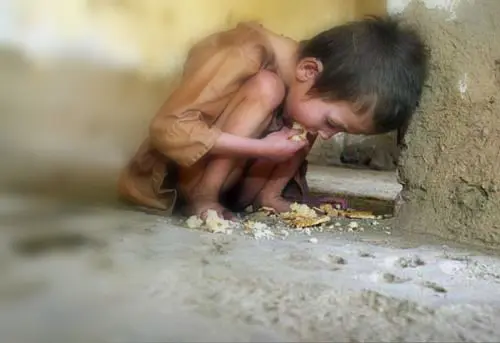
The right to food
The right to food is not only the right to eat enough to not die of hunger. Food should be available in sufficient quantity, and of a quality that satisfies anyone who eats it, both in terms of its impact on health and nutritional needs and its appropriateness to a given culture. They should also be affordable and sustainably accessible.
However, the reality is that, although the amount of food that is grown, produced and manufactured in the world would be enough for no one to go hungry or suffer from malnutrition, there are millions of people who cannot access adequate and nutritious food on a daily basis due to a poor government performance and multiple crises (conflicts, climate crisis...).
There are many ways in which the right to food can be affected by inadequate government action. Food insecurity can be caused by exorbitant price increases, and crisis situations can block the arrival of humanitarian aid (food and water supplies), as we see for example in Palestine.
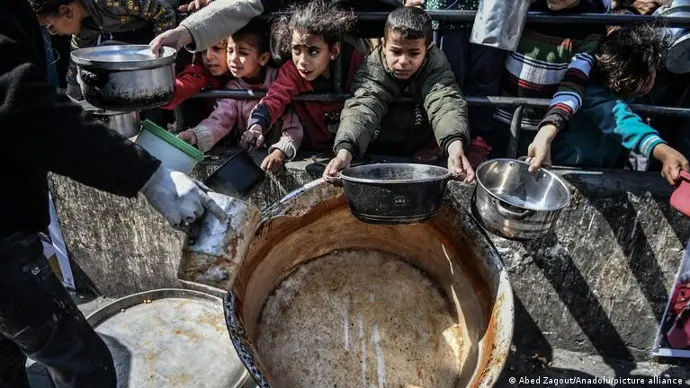
The rights to water and sanitation
The right to water is fundamental for any living being: without it we would die. We need water to drink, to wash and to make sanitation possible, which in turn is also a right. Water is essential for the effective enjoyment of other human rights, including the right to life. In addition, it is essential for food production.
For its part, the right to sanitation makes it possible for people to access a clean and healthy environment, while its absence is an obstacle to the realization of other rights, such as the right to health and education. Water must be available and accessible to all people in sufficient quantity and with adequate quality for each use need. However, the rights to water and sanitation are violated in many ways.
Contamination can make water unsafe to use. Water scarcity can cause devastating droughts. The climate crisis often makes all of this worse, compounding the lack of accessible, unpolluted water. It can also happen that governments and companies control the water supply so that the population does not have adequate access to it. Human rights defenders have even received death threats for defending this right.
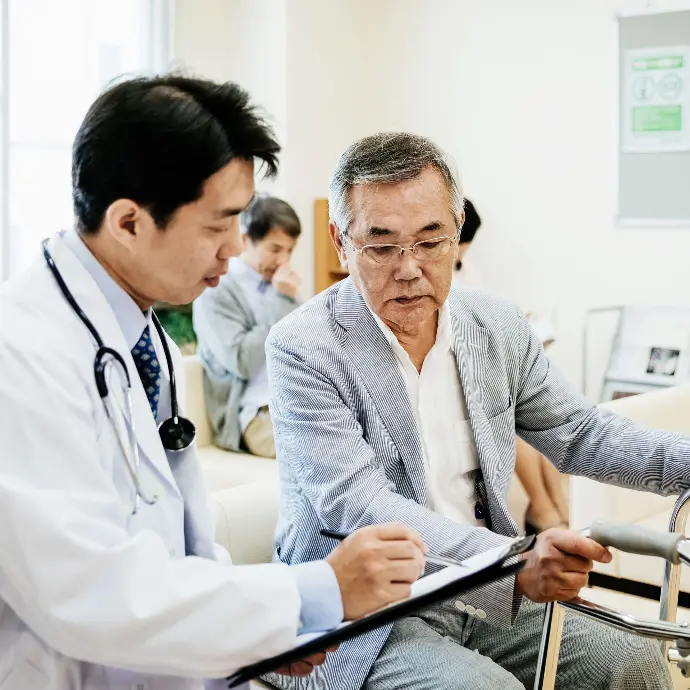
The right to health
The right to health is closely related to the rest of human rights. All people have the right to enjoy the highest possible level of physical and mental health. This includes what are called “social determinants of health”, such as a healthy environment, living free from violence and discrimination, food, housing, sanitation and education, and social security.
The right to health is not the right to be healthy, but to guarantee access for all people to a health system that allows them to maintain and ensure their health. Different groups of people – women, children, older people, people with disabilities – have specific needs, and governments must ensure that these are understood and adequately addressed.
Despite this, there are still many cases of inequality in the field of health, where some people cannot access health care as easily as others. During the COVID-19 pandemic, for example, widespread vaccination inequality occurred, with the pharmaceutical industry restricting access to life-saving vaccines to low-income countries. Health inequality can also have other causes, such as drug shortages, which occur when governments have not adequately prepared to meet health care needs by ensuring supply, or the charging of high fees. for care and medicines that make access to them unaffordable.
Likewise, governments can fail to fulfill their obligation to safeguard the right to health with poor management of public health crises, something that was also seen during the pandemic.
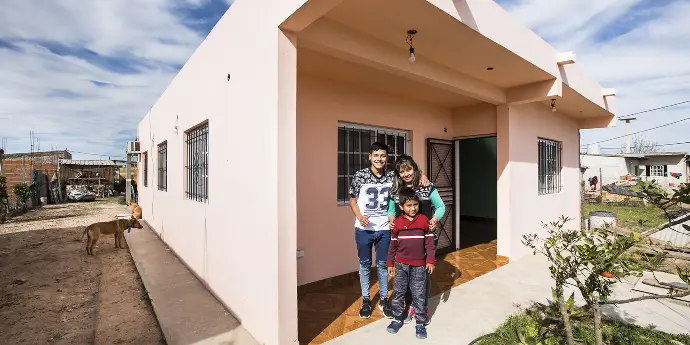
The right to housing
Everyone has the right to adequate housing, a safe place to call home. This housing, in which we must be able to legally live, must have access to basic services and infrastructure, such as water and sanitation. In addition, it must be affordable and suitable to protect you and your family from inclement weather, diseases and pollution.
There should not be any homeless people. Under international human rights law and standards, homelessness is an extreme violation of the right to adequate housing (among others).

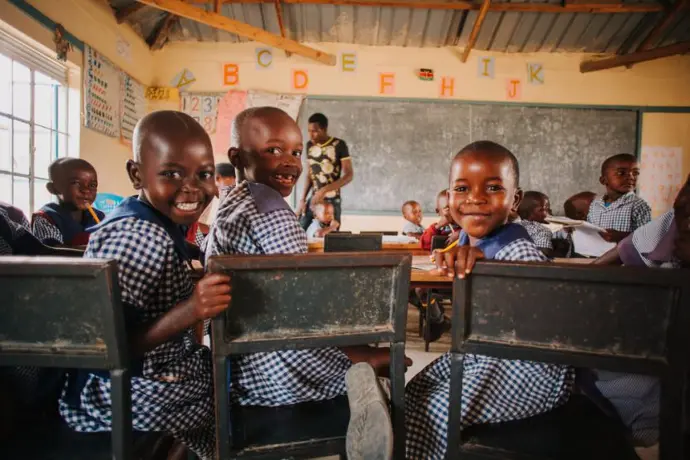
The right to education
All people have the right to education. Education is vital for human fulfillment and personal development, and also allows us to access and better enjoy other rights, such as the right to work, adequate housing and a decent standard of living.
The right to education includes lifelong education at all levels (primary, secondary and tertiary), in formal or informal settings. Primary education is compulsory and all people must receive it free of charge. At the other levels, governments must aim to make it free as well, and continue to ensure that it is available and affordable for all.
Governments must prioritize and allocate budget allocations to free, affordable and quality public education, using and maximizing their resources to finance public schools that are physically accessible and of adequate quality.

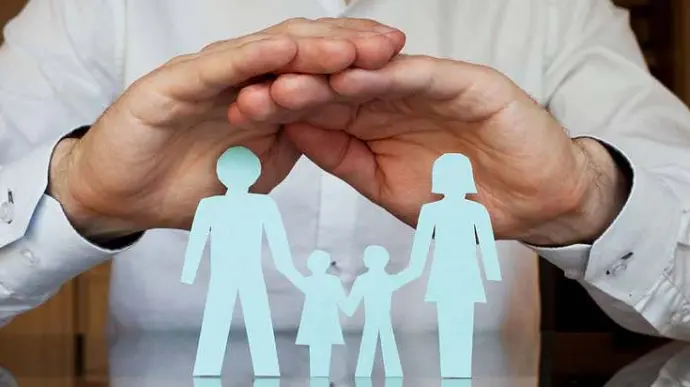
The right to social security
All people have the right to social security. The right to social security is your right to access benefits that help you enjoy an adequate standard of living, even if you do not have enough money to cover your basic needs. There are many situations in which you or others may not have enough income to get by without some extra help, such as unemployment, illness, disability, maternity/paternity, injury, death of a loved one, and old age.
Its specific objective is to reduce poverty and guarantee that everyone can access their right to lead a dignified life, to food, health, housing, education, work and not to suffer social exclusion.
Even in low-income countries where resources are limited, governments must at least ensure the existence and functioning of a social security system that provides essential basic support to all people who need it. However, there are many places in the world where governments do not provide this to their population.


Workers' rights
Everyone has the right to work, which includes both the right to work itself and a series of rights at work (sometimes also called “labor rights”). These rights protect all workers, whether in the formal or informal sector, migrants, temporary or self-employed.
Although the right to work is not the right to a job, it is the right to opportunities and conditions that can provide you with decent work, which allows you and your family to achieve an adequate standard of living.
Governments should provide support services to help people access employment opportunities, and also look for ways to increase the number and variety of opportunities available. Employment opportunities must be available to all people without discrimination. Workers must also be able to form unions, join them and take part in collective action.
No person should be forced in any way to work
However, the violation of workers' rights is a widespread practice. Millions of people are forced to work against their will, or work in degrading and unfair conditions, as happens in some Amazon warehouses. Others, due to a lack of opportunities, have no choice but to work in the on-demand economy, which often involves long hours, precarious contracts and salary instability.
Migrant workers are often the most exploited and can be manipulated by unscrupulous employers into performing difficult and dangerous tasks without protection. This can lead to situations that we call forced labor, a form of modern slavery.


The right to an effective remedy
Despite all of the above, the reality for millions of people is that governments often do not respect or defend some or all of these rights. And this is where the right to an effective remedy comes in. When we talk about having the right to an effective remedy, we mean that everyone should be able to appeal to the courts when their rights have been violated.
This remedy must be accessible, binding, effective and capable of ensuring that justice is done. It must provide adequate reparation to the victim and prevent further rights violations.
Although the right to an effective remedy guarantees that reparation can be claimed directly from the State, international cooperation and assistance are essential to defend and enforce it. States must collaborate to ensure that people can claim justice as part of their extraterritorial obligations. This implies that human rights obligations do not end at the borders of States when their actions affect the lives of people living elsewhere.
The right to an effective remedy applies to all rights, for example when a person has been tortured or, in the case of economic, social and cultural rights, forcibly evicted from their home.


The right to an adequate and healthy environment
Every person has the right to an adequate environment. An adequate environment is considered a precondition for the realization of other human rights, including the rights to life, food, health and an adequate standard of living. There is a partial reference to this in the right to health established in the International Covenant on Economic, Social and Cultural Rights (ICESCR), which states that States must comply with the right to health by, among other measures, improving all aspects of environmental hygiene.
Every person should be able to live in an environment conducive to their health and well-being. States must take concrete and progressive steps, individually and in cooperation with others, to develop, implement and maintain appropriate frameworks to enable all components necessary for a healthy and sustainable environment, encompassing all parts of the natural world. This includes the regulation of companies and other private actors in their domestic and offshore operations.
In accordance with well-established principles of international law, including the provisions of the ICESCR, international cooperation for development and for the realization of human rights is an obligation of all States. Such collaboration and support, especially by States capable of helping others, is particularly important to address transnational impacts on environmental conditions such as climate change.

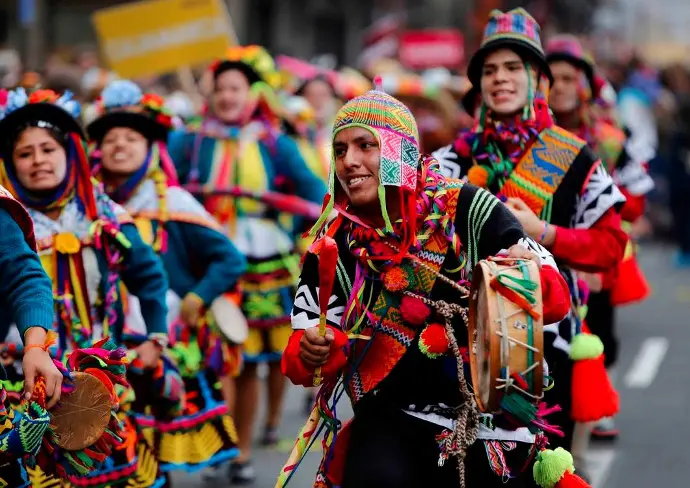
Cultural rights
Every person has cultural rights, the right to science and the right to protection of authorship interests. These guarantee the right to participate in and enjoy the benefits of culture and science, and refer to the pursuit of knowledge, understanding and human creativity. These rights are an important part of social harmony and are closely related to the rights to education and freedom of thought, conscience and religion. Cultural rights cannot, however, be used as a justification for practices that discriminate against specific groups or violate other human rights.
The UNESCO Declaration on Cultural Diversity establishes that “culture must be considered the set of distinctive spiritual and material, intellectual and emotional traits that characterize a society or a social group and that encompasses, in addition to arts and letters , ways of life, ways of living together, value systems, traditions and beliefs.” The right to participate in cultural life has both individual and collective elements. They can be exercised as an individual, in association with others, or within a community or group. States must pay special attention to the cultural rights of minority and indigenous groups, among others, and provide opportunities both to preserve their culture and to shape their cultural and social development, including the relationship with language, land and natural resources.
The right to science
The right to enjoy the benefits of scientific progress and its applications encompasses not only scientific results and their consequences, but also the scientific process, its methodologies and tools. Science can be understood as practical and theoretical research and examination in all fields of research, including social sciences.
The right to protection of the moral and material interests of authors
When a person produces any scientific, literary or artistic work, he has the right to benefit from the protection of the moral and material interests that correspond to him. It should be noted that this protection is often found in intellectual property rather than human rights instruments; As a human right, it is closely related to the inherent dignity of human creativity and cannot be revoked, licensed or assigned to another person.

 IHRO NEWS
IHRO NEWS
